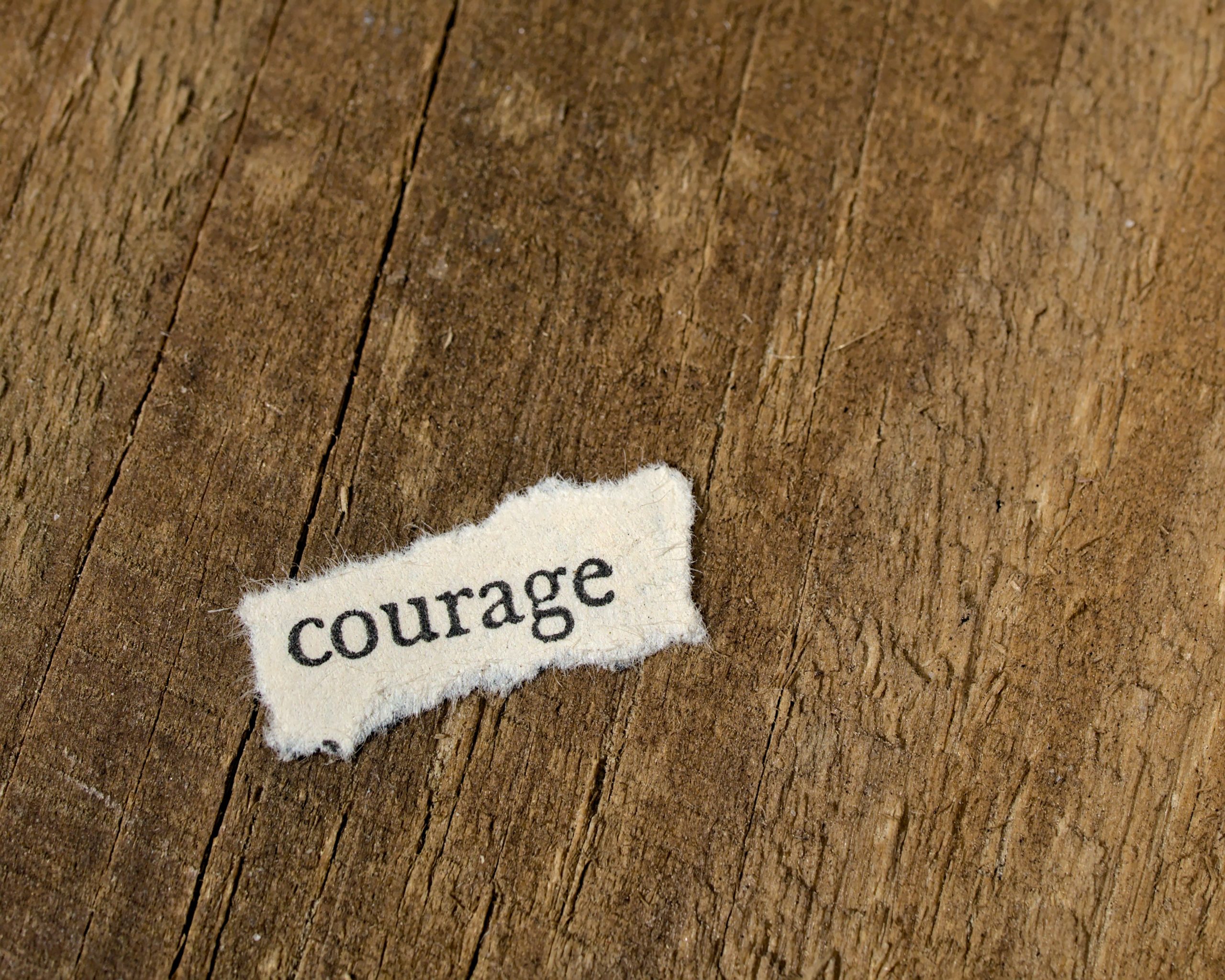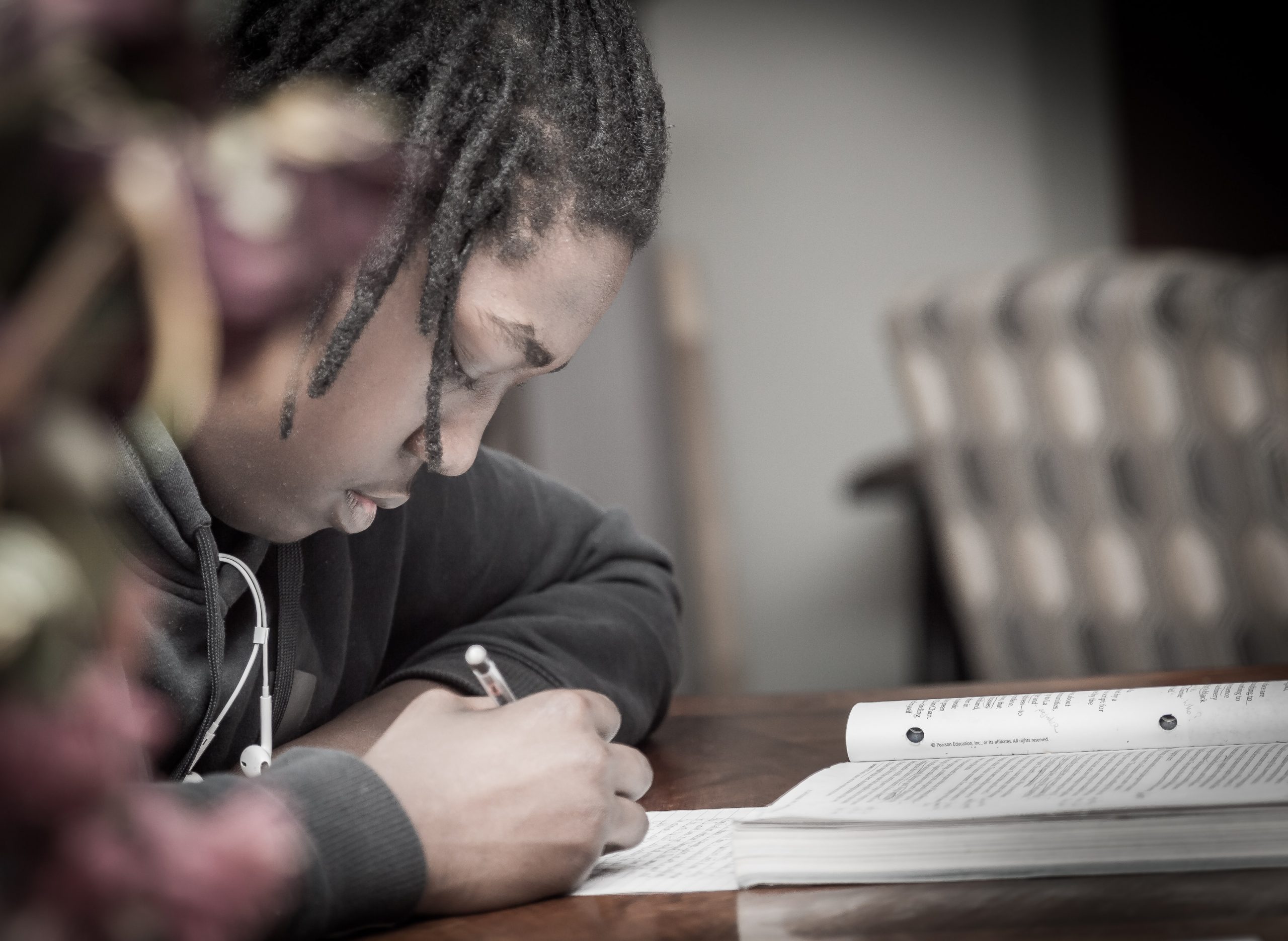Language, World & Truth
Steve Wright, Trainer, Talk The Talk

“All things are subject to interpretation, – whichever interpretation prevails at a given time is a function of power not of truth.” – Friedrich Nietzsche.
When we acquire a language, we acquire more than simply the ability to speak in a particular tongue. As we learn words and the grammatical rules for their application, we acquire the moral and social conventions and values that are embedded into the everyday use of public languages.
Moreover, we acquire the whole conceptual scheme necessary to build our worldview, and for logical thinking to even occur. Words are the linguistic expressions of the thoughts that inform and build our worldview, so that the world we inhabit, and all the possibilities that we can see for ourselves within it, is the world that we are capable of describing in meaningful sentences.
We learn about the world through learning how to use shared words meaningfully, so the knowledge we have of the world must be capable of expression in meaningful words to have any significance to ourselves and other language-users. Put simply, the fewer words and concepts I am capable of using correctly, the smaller the world I can describe and thereby inhabit.
Or to put it another way, the more limited my oracy competence, the narrower my thinking about my experiences of the world. As we acquire a language, we simultaneously set the limits to our frames of reference for our thinking about the world and our place within it. The totality of my world is the totality of the descriptions I can meaningfully give of it, and the horizons of my world retreat as my oracy competence advances.
If the above is correct, then to develop oracy confidence and ability in our children is to expand their worldview, and thereby open up new vistas of possibility to them. By encouraging children to use words both creatively and coherently we encourage them to push the horizons of what they see as possibilities for them to achieve, thereby raising both aspiration and the desire to achieve self-set goals.
Of course, they will still meet many obstacles to their success, as all of us do. Social prejudices, poverty, traumatic childhood experiences, individual learning needs and such like cannot be ignored, but they can be faced and overcome with the determination and self-belief that public oracy confidence brings. If a child can coherently formulate a possible future for themselves to aim at, and has the oracy confidence to express that idea clearly to those in a position to help, or to argue against those blocking their way, they are more likely to actualise that possibility.
Raising oracy confidence raises aspiration, self-worth, and helps to develop the desire and self-empowerment to learn more about the possibilities of the world. Confident learners are eager to learn, and are thereby not bored and disruptive in the classroom. By encouraging students to talk about their ideas, and to justify why they hold them, we force them into thinking critically about those ideas. This helps them not only to build sound and valid arguments in support of their own opinions, beliefs and knowledge-claims, but arms them against the sophistry and propaganda they face in the “post-truth” world they have to live in.
Truth is not a property or attribute that the world has independently of our thinking about it, but is a logical-functional property of the language we use to understand and describe it. In a world drowning in information, we need to give our children the wisdom to see the difference between truth and untruth, and the confidence to challenge untruths when they encounter them. Social, political, religious and economic barriers are all maintained and reinforced by confident language-users, and so will only be broken down by those equally confident in language-use.
If those in power continue to have little regard for truth in the pursuit of their ideologies, our children need to be armed and ready to defend the truth as they see it. We see on the news that given the confidence to speak out our children are capable of initiating real changes in social attitudes and behaviours. President Trump’s anti-truth rhetoric on climate change will be defeated by the likes of Greta Thunberg’s confidence in stating her truth. Given the confidence and impetus to speak out against untruth and injustice, our children can not only achieve their fullest potential, but can save humanity and the world.
As our children are perhaps the last generation in a position to do anything about the impending Armageddon of global warming, it is imperative that we invest in them now. If our children are our only hope for the future of humanity and the planet, it is necessary to give them the capacity to debunk dangerous untruths and to argue confidently for the truth.
Given the alternative, isn’t this the least we can do?
Categories: News


